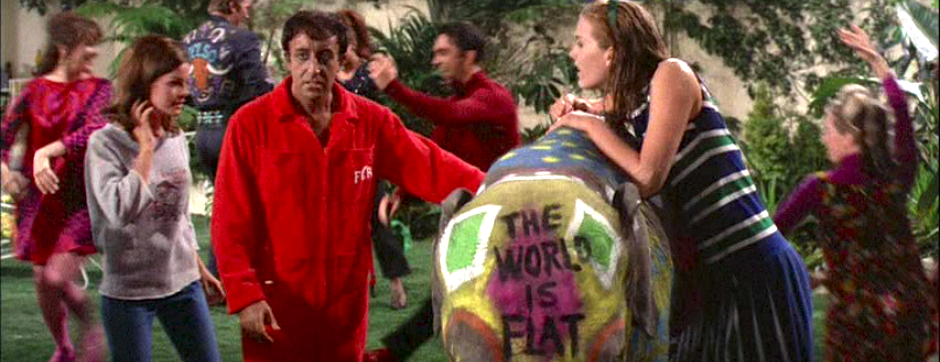The recent reporters “discovery” of Amazon’s third-world human-labor practices in the civilized USA prompted a lot of disdain. The New York Times wrote about The Fraying of a Nation’s Decency, issuing the thesis that the US is at a low-point of decline.
Tim O’Reilly, from his vantage observing point agrees:
On the road to high and glorious things, Americans have somehow lost sight of their bonds of empathy, decency and common purpose.
On the other hand, Jeff Jarvis notes that it’s wrong to
take one episode and use it to map the road to Hell in a handbasket. Yes, I, too, am disappointed in Amazon’s behavior — as a customer, admirer, and stockholder. But I think it is extrapolation to the nth to find America’s decline in that.
I tend to agree with the NYTimes and with O’Reilly, and I find like them that the US is losing its innovation spark over other and very different cultures.
The cultural and social decline seems pretty evident to me. After 9/11 the wars and crazy spending of its government has spread poverty of means and knowledge everywhere. The most right-wind have surfaced and now enjoy a top form and popularity, specially among the new poor, the people who most suffered from the wrong decisions of Washington.
And the people still feel so little self-confident they need to add hyperbolas to their beliefs on their country: the most powerful, the richest, the most free, and the most innovative.
In a moment rife with talk of American decline, my Amazon experiences provide fleeting mood boosts. They remind me that, for now at least, this remains the most innovative society on earth.
The most innovative? We are at a point of no return: The US is losing market power against China and India. The reckless capitalist practices here have no use against powerhouses such as China, who diligently have bought the US debt over the last ten years or so. Citizens’ houses are practically owned by the Chinese, with total disinterest from the US government.
The greatest innovation companies in the US (they all operate in the Web) are locking us down within their respective universes, with lesser and lesser possible cross contamination possible. They, together with hardware manufacturers are eliminating the open browser from the equation, thus leaving the user as a consumer, no longer a producer of knowledge, but just a passive consumer of such splendid, colorful and passive Web TV apps that are destroying the open Web.
Innovation? In the land of the Tea Party? Then we must change our definition of innovation. When quality of life is challenged by such forces, I call it decline.




Indeed, Jim. I like your way to put it: “I hope people can be more than their nation”, especially in this moment. As an Italian, I can't agree more. As a Puerto Rican, too. I mean, can we go much lower than we are now? We have a deep, structural decline. Still, in many ways, in the arts, sciences, in our universities, we breath that air of hope. If it's not an illusion.
I am deeply sad to have to agree with this post. Deeply sad, I just hope a people don;t necessarily make a nation as once seemed the necessity. I hope people can be more than their nation, or even other than it in some way.